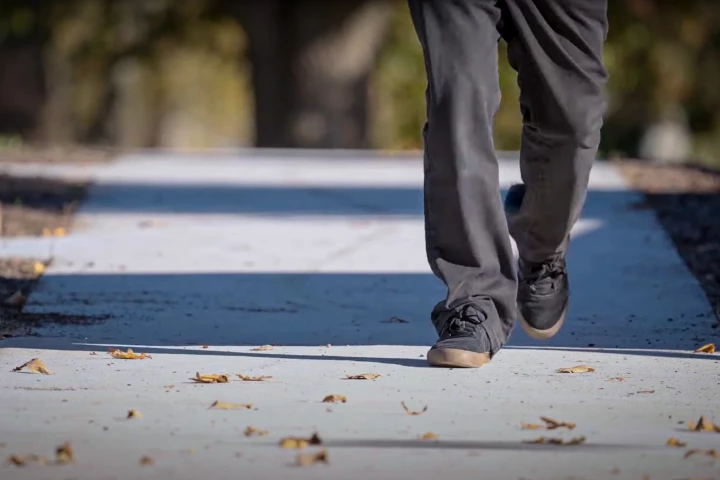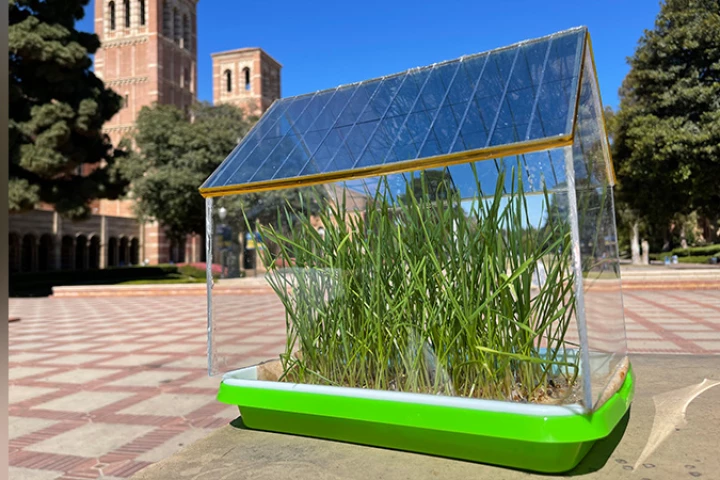Organic
-
Dr. Frankenstein might not have needed a lightning bolt to bring his monster to life after all. A new study from Stanford suggests that life might have been kickstarted by constant zaps from “microlightning” between water droplets.
-
Scientists in Japan have developed a new organic device that can harvest energy from heat. Unlike other thermoelectric generators, this one works at room temperature without a heat gradient.
-
In a world first, the researchers who used waste coffee grounds to make concrete that’s 30% stronger are putting their innovative material to the test by laying sidewalks made of the stuff to see how it fares when it's subjected to foot traffic.
-
Solar cell efficiency may get a bump from bumps. New research suggests that building tiny domes into the surface of organic solar cells could boost their efficiency by up to two-thirds, while capturing light from a wider angle.
-
With nearly half the world's soil degraded, growing enough food to feed a global population is getting increasingly difficult and costly. Scientists believe they've got one solution, and it's already all around us: Arbuscular mycorrhizal fungi.
-
The James Webb Space Telescope has spotted complex organic molecules, which usually form in smoke, in the very distant universe. With help from a galactic gravitational anomaly, the telescope could see the molecules from 12 billion light-years away.
-
Solar farms and agriculture are competing for land. UCLA Scientists have now tested a way to combine the two by placing semi-transparent solar cells on the glass roofs of greenhouses, finding that they actually improve the growth of plants inside.
-
The 2021 Nobel Prize in Chemistry has been awarded to Benjamin List and David MacMillan, for their work developing a new class of catalyst. The technique is based on small organic molecules and has been instrumental in pharmaceutical research since.
-
The company behind the Smart Herb Garden we reviewed back in 2014 has launched a new indoor garden on Kickstarter. The Click & Grow 25 system promises to grow "substantial amounts of greens for everyday use, without becoming a time-consuming hobby."
-
As a storage solution for renewable energy, scientists see great potential in what are known as redox flow batteries. A new design from Linköping University is a decidedly green version of this, being the first made from all-natural materials.
-
A new review article, from a team of material scientists, is suggesting a leather-like material made from mushroom-derived biomass has the potential to be cheaper, and more environmentally sustainable, than animal leather or its plastic derivations.
-
In a first, perovskite and organic solar cells have been tested in space. Not only did they perform well, but they’re much thinner and lighter than the silicon cells currently used and were even able to absorb diffuse light reflected back from Earth.
Load More











